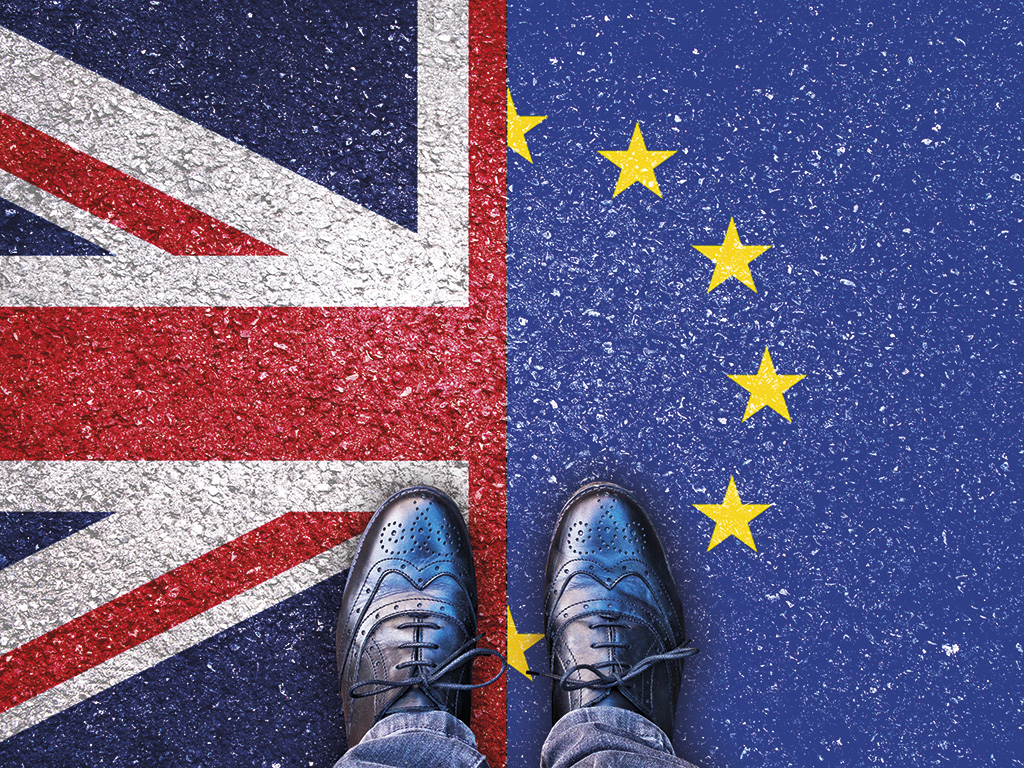Dentistry in a Disunited Kingdom
Arthur looks at the potential consequences for the profession following the recent Brexit vote
Churchill once said: “Democracy is the worst form of government, except for all those other forms…” and we are now faced with the UK’s exit from Europe. However, the results reveal that it is now a Disunited Kingdom, with Scotland and Northern Ireland voting to remain by 62 per cent and 55.8 per cent respectively.
I am in the unusual situation of suspecting this column will be out of date by the time it is published – the First Minister of Scotland, former Health Minister Nicola Sturgeon, will demand another Scottish referendum. I do not think there will be much doubt over the outcome this time.
Regardless, nothing is going to happen very soon. The government must trigger Article 50 by officially notifying the EU of its intention to leave. Once triggered, there is a two-year period in which the terms of the leaver’s exit are negotiated. At the time of writing, there is no timescale for this to happen, leading to a longer period of uncertainty, although EU leaders have stated they wish to see it happen quickly.
David Cameron has resigned, and George Osbourne has gone, and the future of Jeremy Corbyn is uncertain. The Conservative Party (as opposed to the Scottish Conservatives) may well split catastrophically due to the huge divide between the opposing sides within. It is very likely we will see a general election called before 2019, changing the political landscape further.
But where will this leave dentistry? Along with all other commentators, this is an impossible question for me to answer. All we have is speculation.
Kevin Lewis of Dental Protection has said previously that without EU migration, many corporates would have struggled to fill positions. Data from the GDC demonstrates notable increases that occurred in the five years prior to 2011. It indicates that the six member states that are providing the largest numbers of dentists in descending order are: Poland, Sweden, Spain, Greece, Ireland and Romania. Some key points to note are that Malta has 20 per cent of its dentists already registered with the GDC. There is a separate issue for Irish dentists, who have always been free to work in Britain under a common agreement.
As we have underemployment in Scotland, a decline in immigration may well work in our favour, and restore the balance between patients and dentists. However, if Scotland gains independence, it is likely to have a different system for immigration from the rest of the former UK.
The Minimata agreement (phasing out of mercury) will not be affected by leaving the EU. Many dental materials are made in Europe – composite in Germany and amalgam in Switzerland, for example.
Dental Directory (owned by mydentist, formerly IDH) withdrew a promotion, issuing the statement: “Given the massive impact of last night’s decision on the EU referendum and the ensuing huge disruption to both the currency markets and financial markets, we have decided, with regret, to withdraw the extension of the Pink Thursday promotion. We do not in any way wish to contribute to panic buying and need to reflect over the next few hours and days how the decision affects us all.”
It is also not clear whether EU directives will still need to be followed if we are no longer part of the EU. It was the EU, for example, that implemented 5.6 weeks holiday per annum.
Many agencies have quoted that, under the Health and Safety at Work Framework Directive (89/391/EEC), risk assessments have to be kept in writing regardless of the risk. On the other hand, many of these directives have been supported by the UK at EU level, so the UK Government could well decide to keep the same or similar requirements in place. None of this will happen quickly.
NHS/private services are likely to be unaffected in Scotland by any changes. However, the likely coming recession will affect what the general population has available to spend.
Any increase in interest rates will affect practice sales and purchases – and may make many think of selling to the corporates if the rates become unaffordable.


Comments are closed here.